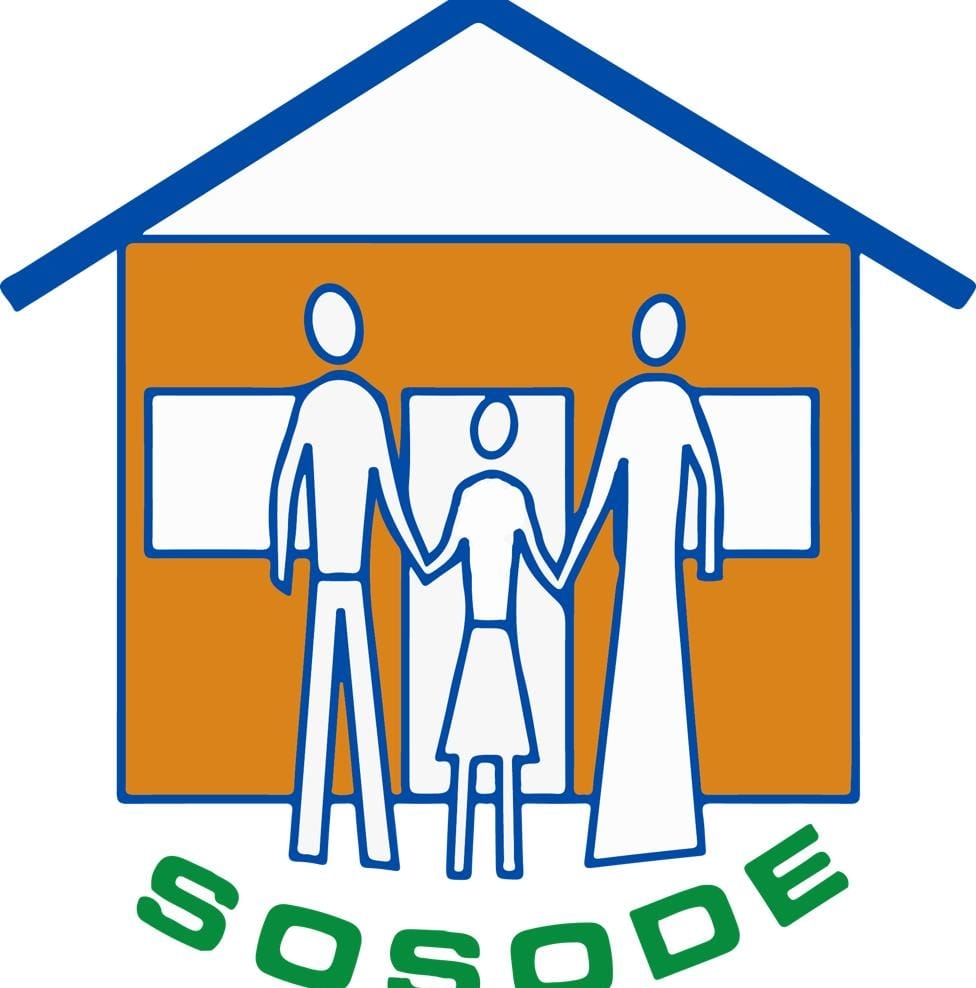SRHR eHealth
View knowledge productThe aim of this study was to investigate the sexual and reproductive health needs and rights of youth and women and propose accessible methods to ensure safe access to these services. This retrospective study aimed to explore the requirements related to sexual and reproductive health and rights among youth and women, while also suggesting alternative approaches to guarantee convenient and secure access to these services. The widespread impact of COVID-19 has rapidly changed the daily lives of people worldwide, including Jordan. While the immediate health consequences primarily affect the elderly, the virus will undoubtedly have multi-faceted effects on the overall well-being of young individuals, both in the short and long term.
Furthermore, researchers endeavored to develop a conceptual model (see below) for the easy and safe access to sexual and reproductive health services in Jordan for women during lockdown. The findings indicated that the lockdown had numerous adverse impacts on sexual and reproductive health and rights (SRHR). These included a lack of SRHR guidance when needed, insufficient information and medication, reliance on unverified digital resources such as websites and social media, and disconnection from peers, co-workers, and friends. The sudden imposition of the lockdown left the population unprepared, resulting in a lack of support for SRHR, as primary healthcare centers were unable to receive patients of any kind. Additionally, healthcare workers responsible for SRHR had not received specific training on this topic.
Knowledge product details
-
Covid-19 Grants
-
Small Grants
-
2020
-
Jordan
-
COVID-19
-
SRHR access
-
SRHR services
-
Share-Net Jordan
-
English
-
Policy Brief




